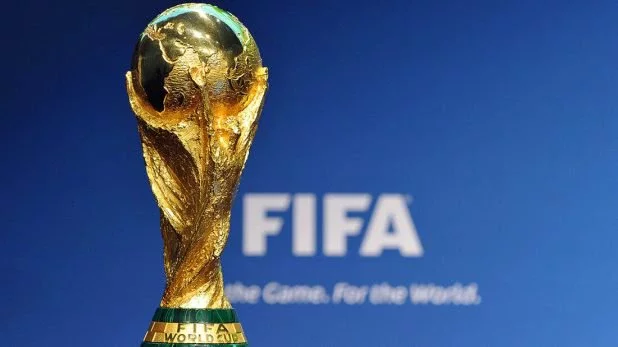
THE countdown to the 2026 FIFA World Cup is officially on and fans around the world are with anticipation, already planning where they'll watch their favourite teams battle it out.
However, did you know there are countries out there with football dreams that can't even take a shot at the Cup? It's true! Due to FIFA's strict membership rules, some nations can't participate, no matter how much their people love the game. Here are some places FIFA doesn't recognize as football-playing nations-and why they're missing out.
Micronesia
Micronesia is a group of islands in the Pacific with a combined population of about 115,000. While the locals enjoy football, the country faces some major challenges, from financial constraints to travel limitations. Setting up FIFA-standard stadiums and traveling across the Pacific for international matches are hurdles too big to clear. Though Micronesia has a lively local sports scene, FIFA membership requires more resources than the country can currently muster.
Palau
Palau, another Pacific island nation, has a population of roughly 18,000. Though Palau established a national football team in 1998, it struggles with the same issues other small nations face: limited resources and geographic isolation. Competing internationally would require resources and travel options that aren't feasible for Palau. This keeps their football efforts regional, without the broader recognition FIFA membership would provide.
Marshall Islands
The Marshall Islands is a remote island nation in the Pacific with around 59,000 residents. Although independent since 1990, they haven't built a national football team that's eligible for FIFA membership. With limited facilities and funding, the Marshall Islands focuses more on other sports like baseball and volleyball, which are hugely popular. Until major changes come to the islands, competing on the global football stage remains a dream.
Monaco
With a population of around 38,000, Monaco may be famous for its glitzy casinos and Grand Prix, but its football ambitions are still in the shadows. Instead of focusing on a national team, Monaco pours its football energy into AS Monaco, a top club in France's league. Though AS Monaco has fans worldwide, FIFA doesn't recognize Monaco as a nation eligible for international competitions. The country's small population and close link with France mean Monaco's football dreams stay mostly at the club level.
Tuvalu
Tuvalu, a small Pacific nation with just under 12,000 people, is no stranger to football. In fact, the country's national team has been playing since 1979, participating in regional tournaments with great enthusiasm. But FIFA requires more than just a love for the game; it demands infrastructure, official stadiums, and resources for global travel. Without these, Tuvalu's players have to settle for regional matches, with international recognition still out of reach.
Kiribati
Kiribati, a collection of islands with a total population of about 122,000, formed its national football team in 2005. Despite the enthusiasm, Kiribati faces big obstacles: economic limitations, lack of official playing fields, and the challenges of organizing international travel from remote islands. While they've hosted some local matches, joining FIFA would require investments that Kiribati simply can't afford. Until things change, the team is focused on smaller, local games.
Nauru
With only about 12,000 inhabitants, Nauru is one of the smallest countries in the world. Resources are limited, and football, while appreciated, is overshadowed by other sports that are easier to play and organize on the island. Nauru lacks the stadiums, facilities, and financial backing required by FIFA, so for now, international football isn't on the horizon. The country's sports culture stays focused on what fits their means.
Vatican City
The Vatican City, the world's tiniest country, houses fewer than 1,000 residents. Surprisingly, this unique state has its own football team! Formed in 1994, the team is made up of Swiss Guards and Vatican staff who play the game purely for the love of it. Although they occasionally host friendly matches, the Vatican's size and limited resources keep it off FIFA's radar. With only a small pool of potential players, Vatican City's focus remains on friendly, community-centered games.

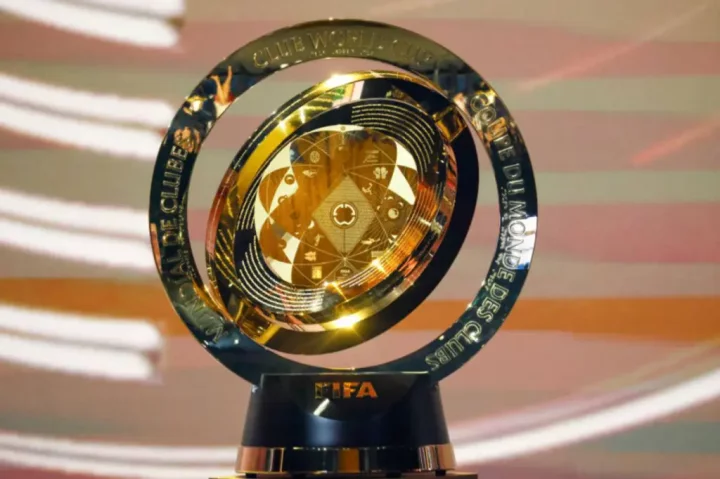
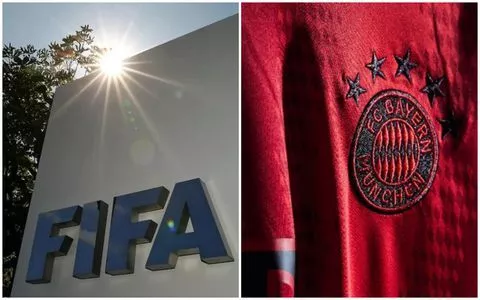
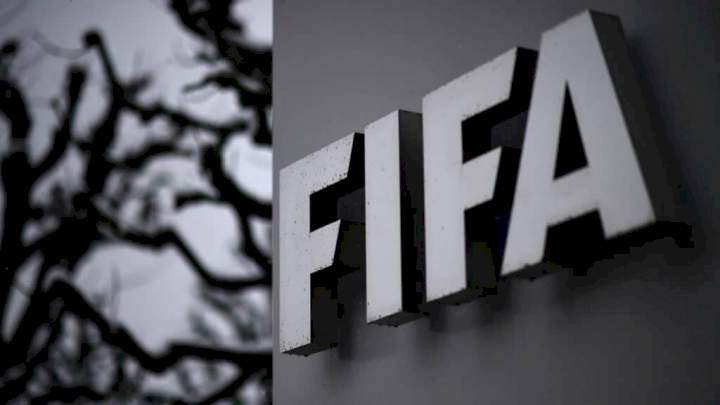

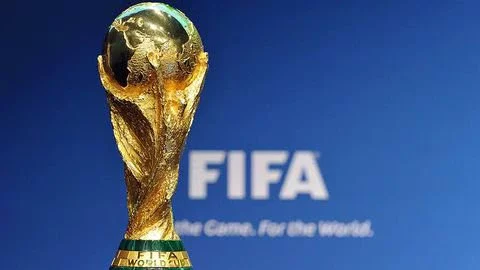
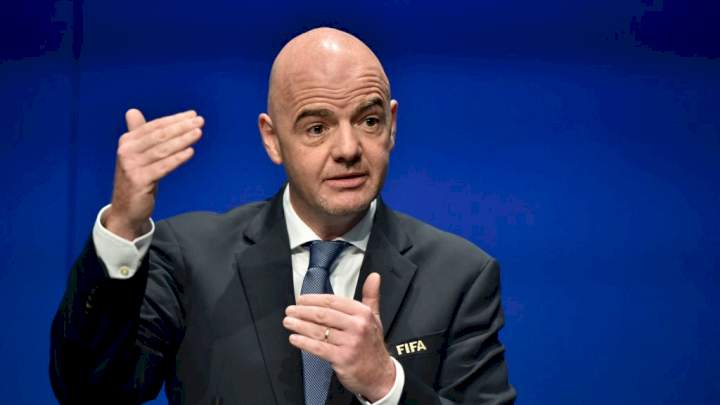
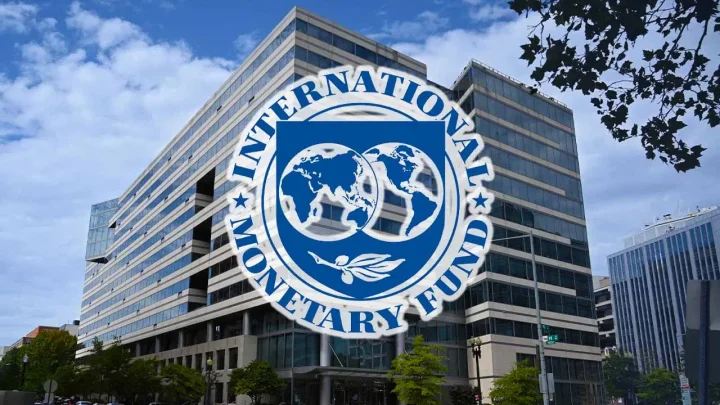









Comments